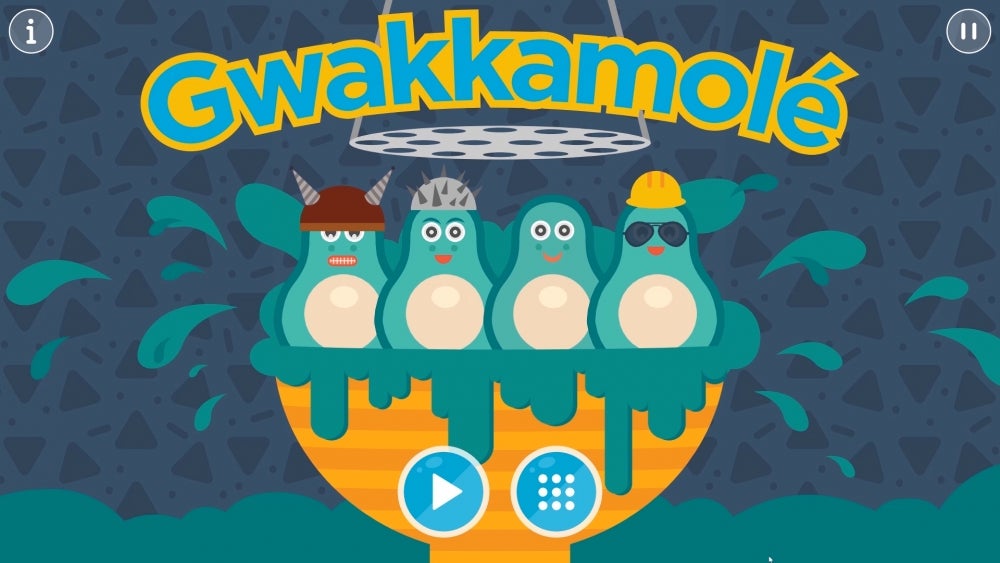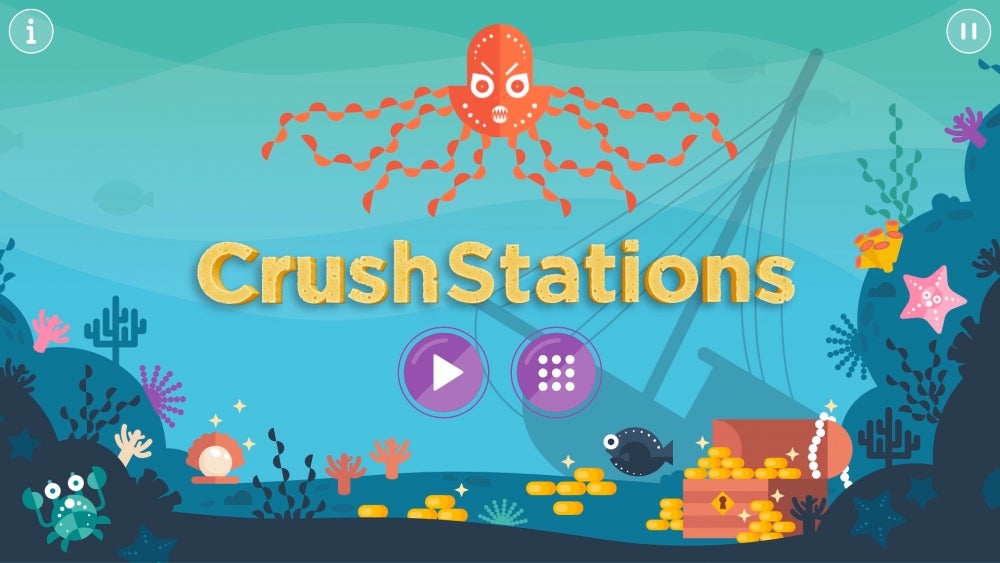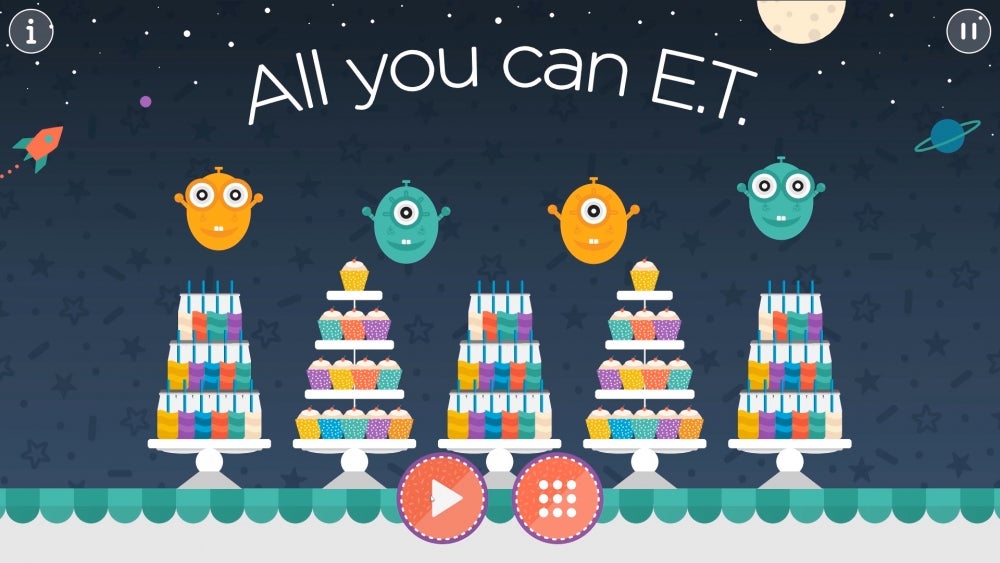Game On

Gwakkamolé, CrushStations, All You Can ET: Three new digital games now available online and in the iOS and Google Play app stores are helping players’ brains work more efficiently by boosting memory and cognitive flexibility and inhibition control.
The games, aimed at adolescents and teens ages 12 to 18, were developed and tested by Richard Mayer, Distinguished Professor in the Department of Psychological and Brain Sciences at UC Santa Barbara, Jan L. Plass of New York University, and Bruce D. Homer of City University of New York. The games are the product of a four-year research project funded by the U.S. Department of Education’s Institute of Education Sciences.
The goal of the research was to design targeted computer games that improve cognitive skills — specifically, executive functions like cognitive flexibility, inhibitory control and working memory. Discovering a measured improvement in players’ executive functions after as little as two hours of play, the researchers decided to make them freely available to the general public.
“The games are based on research-based principles of skill learning,” said Mayer. “These include a focus on performing the target skill repeatedly in the game, providing feedback based on changes in the game, having the difficulty increase throughout the game to maintain a high level of challenge, allowing for exercising the skill in a variety of contexts, and embedding the skill exercise in an interesting game.”
Each of the brain training games support a different executive function.
“Unlike other games, our apps were designed from the ground up to train cognitive skills, by a team including developmental psychologists, neuroscience researchers, learning scientists, and game designers,” said Homer.
The first game, Gwakkamolé, was designed to train inhibitory control, a subskill of executive functions. Inhibitory control is the ability to control one’s attention, behavior, thoughts and/or emotions. In the game, players are instructed to smash the avocados that pop up on the screen while avoiding any of the avocados wearing hats. As a player achieves higher levels in the game, more avocados appear on the screen and the speed with which players must react increases. Smashing a hatless avocado result in earned points; and conversely, smashing an avocado wearing a hat causes points to be taken away. Gwakkamolé forces players to focus their attention and respond quickly and deliberately (by smashing hatless avocados) to gain points.
CrushStations, which involves crustaceans rather than avocados, focuses on training working memory. Working memory is responsible for temporarily holding and processing information. It plays a major role in how humans use and remember information they learn on a daily basis. To help train working memory, CrushStations — which takes place in the ocean — requires each player to remember the color and type of creatures on the screen to free them from a hungry octopus. If a player accurately remembers the color and type of crustacean in front of the octopus, the animal goes free. However, if a player is unable to remember both the color and type of creature, the crustacean is captured and eaten by the octopus. The game increases in difficulty by giving players more creatures to remember and more difficult sequences to process.
All You Can ET is designed to train cognitive flexibility — the mental ability to switch shift attention from one concept to another, and to think about multiple concepts simultaneously. In this game, players provide aliens with food and drinks to help them survive. The challenge in this game is that the aliens frequently change their minds whether they would like to eat or drink, depending on how many eyes they have and what color their bodies are. For example, in one round, two-eyed orange aliens eat only cupcakes while one-eye green aliens consume only milkshakes. As the game increases in difficulty, the rules for what each alien prefers to eat or drink changes.
Noted NYU’s Plass, “Can games actually have positive effects on players? We believe they can, and we designed three games to support learners in developing cognitive skills that researchers have identified as essential for success in daily life.”
To measure players’ improvement, the researchers gave them cognitive tests before and after they played a game for two hours, spread over four sessions. “We found replicated evidence across multiple experiments that playing our games for two hours causes improvements in executive function skills as compared to a control group that plays an unrelated game,” said Mayer. “This is one of the few scientific experiments showing the benefits of game-based training on executive function skills such as being able to shift from one task to another or being able to keep track of a series of events. This work shows the benefits of designing games based on the cognitive theory of game-based training.”
In addition to developing the games, Mayer, Plass and Homer published eight research articles reporting on the effectiveness of these games. As next steps, they plan to continue research and build out virtual reality versions of the games. In addition, their handbook of game-based learning is forthcoming from MIT Press on Feb. 4. The handbook highlights their research findings as well as those of other studies on games and learning.






